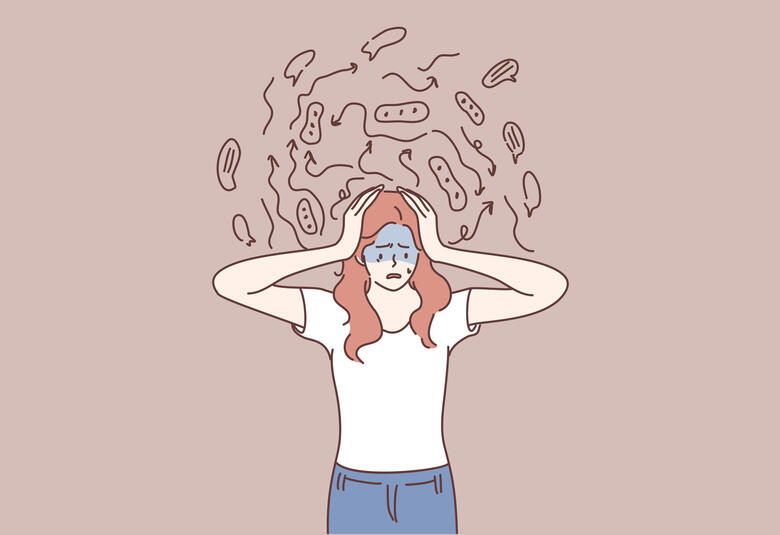The 2021 World Mental Health Day theme ‘Mental Health in an Unequal World’ has been chosen to highlight the issues that perpetuate mental health inequality locally and globally.1 Digital mental health interventions may help to alleviate these inequalities and to meet the rising demand for mental health care, especially in the wake of the COVID-19 pandemic. Increased access to the internet and widespread use of smartphones present an ideal landscape for improving mental health care through digital solutions.2
Leveraging technology in mental health care
Various technology-enabled platforms have been developed to support diagnosis and treatment of mental health disorders, including video-based psychotherapy, virtual reality, and artificial intelligence.3
Digital resources are also being developed for patients to directly improve their mental health. Specifically, music and apps that promote mindfulness and wellbeing, and games that help to alleviate low mood by distracting patients from unwanted thoughts and focusing the mind.4 Mood self-report tools allow patients to explore and express their feelings,2 and apps that describe symptoms can help to normalise a person’s mental health disorder.4
Alongside these digital resources, the rise of ‘big data’ means that mental health metrics are being monitored increasingly widely, providing insights that may further innovate digital healthcare.2
Impact of the COVID-19 pandemic
The COVID-19 pandemic has clearly had a negative impact on mental health, with large sections of the population experiencing increased levels of anxiety, depression, stress, and loneliness.5
However, the widespread implementation of social distancing to combat COVID-19 transmission has facilitated a rapid transition to remote delivery of mental health resources and care.6 This experience could serve to be invaluable in improving digital services, so that high quality treatment can be delivered virtually.6
Digital mental health resources may enable services to be delivered more efficiently7
Accessibility of care for mental health disorders
Advances in digital health care services could provide an opportunity to improve accessibility to mental health care by avoiding the limitations sometimes associated with conventional in-person appointments, such as time restrictions and stigma.8 The majority of digital mental health interventions have been shown to be effective in groups of younger people that may otherwise not seek help.8 Additionally, the effectiveness of digital mental health services appears stable across various platforms, which further increases the accessibility of these resources.8
Nevertheless, the importance of face-to-face contact should not be underestimated,4,5 and there may be barriers that prevent certain patients from seeking and accessing digital mental health services, such as set-up costs, preference for more traditional services, and symptoms of mental health disorders (e.g., amotivation).4
Accessibility of mental health care should be a priority, to reach all potential beneficiaries4
By combining innovative digital resources, personalised treatment programmes, and contact with professionals, mental health care can be tailored to optimise its effectiveness.
Our correspondent’s highlights from the symposium are meant as a fair representation of the scientific content presented. The views and opinions expressed on this page do not necessarily reflect those of Lundbeck.




